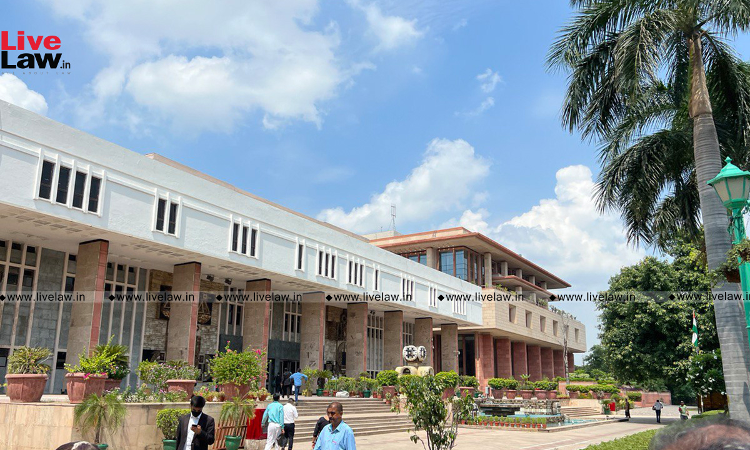The Delhi High Court has held that the petitioner's real intent was to ensure that gift tax is not levied on donee. The petition does not promote the maintenance and welfare of senior citizens.The division bench of Justice Manmohan and Justice Manmeet Preetam Singh Arora has observed that as per the object of the Maintenance and Welfare of Parents and Senior Citizens Act, 2007 and the...

